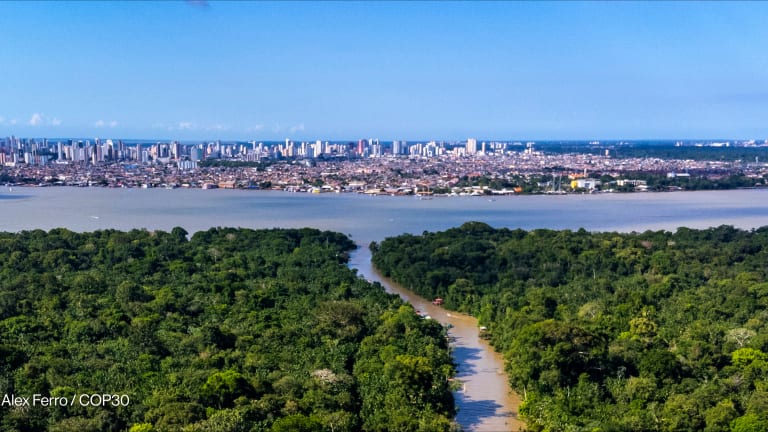The European Union finally inked a new partnership agreement with the 79-member Organisation of African, Caribbean and Pacific states on Wednesday, but the win was muted by the fact that only 44 of those 79 countries came ready to sign the deal into provisional application during a two-day meeting in the Samoan capital, Apia.
The remaining 35, including heavyweights such as Nigeria, Rwanda, and Senegal, have until the end of the year to sign or risk losing access to loans from the European Investment Bank, which relies on the agreement for its legal operating mandate outside the EU.
Officials from the EU institutions and the OACPS secretariat were confident, however, that the remaining states would sign in the coming weeks.
Printing articles to share with others is a breach of our terms and conditions and copyright policy. Please use the sharing options on the left side of the article. Devex Pro members may share up to 10 articles per month using the Pro share tool ( ).








